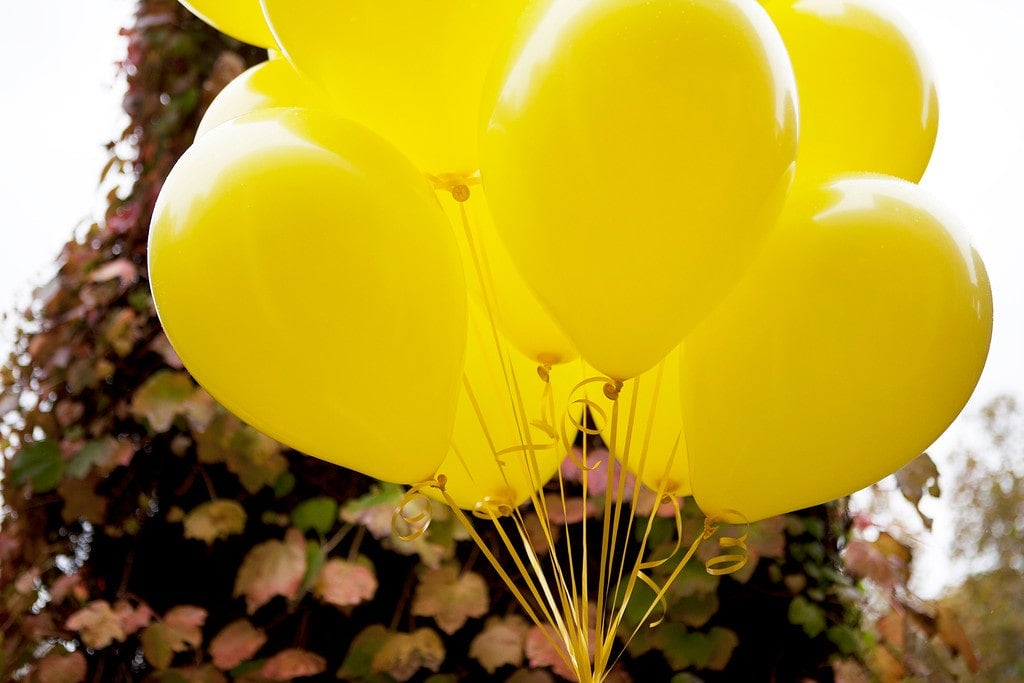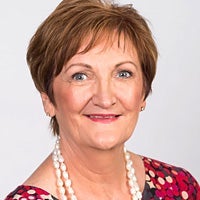Blog
If you see us on the streets this Friday, here's why
22 August 2016

This Friday you will probably see Cancer Council staff and volunteers fundraising for Daffodil Day. It's an annual event that first started in Australia 30 years ago.
A lot has happened over those years. Five-year cancer survival has improved from around 47%t 30 years ago to 67% and rising now, thanks to breakthroughs in prevention, early detection and treatment. But there's much more to be done.
We all know someone affected by cancer. Thousands of Australians are being treated for cancer right now, many of them facing uncertain futures. Around 350 Australians will be diagnosed on Daffodil Day alone. Many of them will have extremely distressing prognoses. All will be distressed to some extent - even if they get relatively good news about their cancer type and available treatments. Being told you have cancer is life-changing, whichever way you look at it. It's an experience shared by around 1.1 million Australians - that's how many of us are living with a current or past cancer diagnosis.
As a clinician and researcher over the past 30 years, I've seen firsthand the benefits of improved detection, treatment and care. I've also seen, all too often, where we haven't been able to do enough. Our successes highlight our challenges.
For example, most of the reductions in cancer death rates have come from fewer Australians smoking and from earlier detection of bowel and breast cancers. Yet lung cancer (with 70-80% of cases attributable to smoking), bowel cancer and breast cancer still account for more than one third of all cancer deaths in Australia. Well over one third of the 13,000 annual deaths from those three cancers alone can be prevented through lifestyle changes. Tens of thousands more deaths can be prevented through screening for bowel and breast cancers.
Skin cancer survival is also improving, yet it remains the most preventable of all common cancers. Then there's prostate cancer, diagnosed in 20,000 Australian men each year and causing more than 3000 deaths - the second-highest number of deaths in men after lung cancer. Survival has improved, but our ability to distinguish harmful and indolent cancers is limited and, like all cancers, technology for treating late-stage disease is in its infancy.
There are many other examples - of successes, and challenges. Each one of the 130,000 Australians to be diagnosed with cancer this year needs our help.
Which takes us back to Daffodil Day. Thirty years on, it is a time for celebration - for all Australians, especially our supporters. Without you, we couldn't have led the skin cancer agenda from the 1970s and '80s, changing the sunscreen market (remember "tanning lotions"?) and introducing Slip, Slop, Slap (Seek, Slide) to the world. Without you, we couldn't have led the antismoking efforts, from the push for health warnings on cigarettes to calling for plain packaging 23 years ago, to the many things we've done in between. We couldn't have had the only independent, nongovernment representatives driving the introduction of screening programs for cervical, breast and bowel cancer, dating back 25 years. We couldn't be the largest community-based funder of cancer research in Australia, nor the non-government leader in public education and patient support. Nor the largest producer of cancer clinical practice guidelines, nor the only charity that focuses on all interventions for all cancer types. Nor could we be the only non-government provider of support and information services for people with all cancers, across all aspects of cancer and in all communities.
So thank you.
If you see our people out and about on Daffodil Day and wonder what it's all about, this is why we do it - because we know how far we have come - but also know how many Australians are still affected by cancer each and every day. With your support we hope to do a lot more, before our next Daffodil Day anniversary.
*This year's Daffodil Day theme is "For Someone I Know". As well as buying a pin, daffodils or merchandise, you can text to donate and dedicate a daffodil to someone you know. Find out more details at www.daffodilday.com.au
Tags

